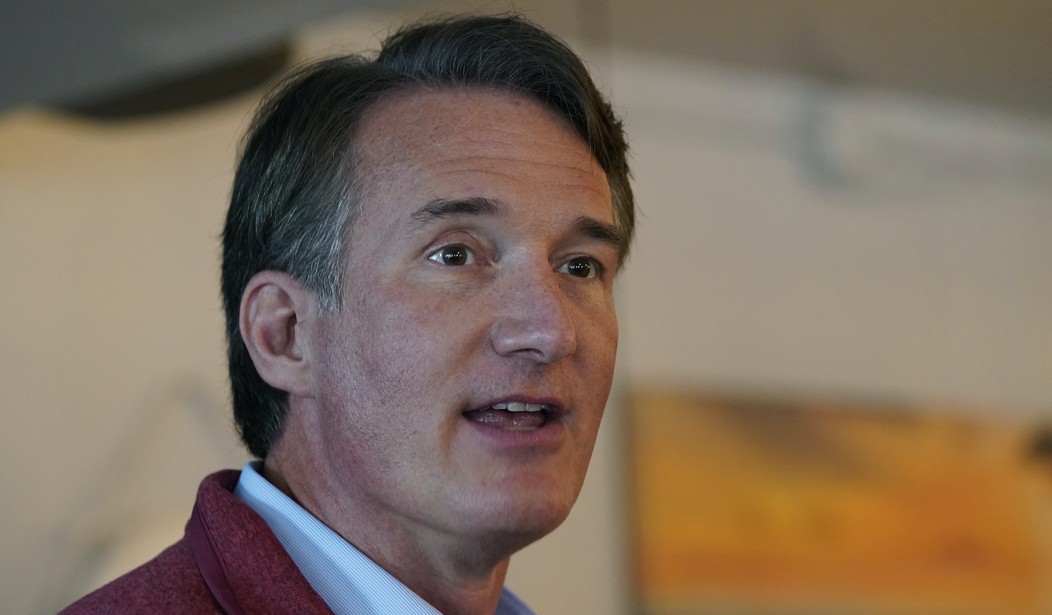I generally try to stick to Second Amendment issues here at Bearing Arms, but given that gun control legislation is often used as a substitute for much-need action to fix our broken criminal justice and mental health systems, I think it’s worth noting and applauding Virginia Gov. Glenn Youngkin’s recently announced plan to finally address the crisis in mental heath care in the state; an effort that will do far more to improve both mental health and public safety than any gun control measure Youngkin’s Democratic opposition could offer.
Virginia not only suffers from a lack of access to outpatient mental health workers that can allow for mental illness to go unchecked and untreated until someone’s in crisis, but a lack of inpatient beds to handle those whose mental condition has deteriorated to the point that they need round-the-clock care and supervision, at least until the crisis has passed.
“Our jails, emergency rooms and hospitals are filled with people in mental health or substance use crisis. Law enforcement is overwhelmed. Our teachers are burned out. Our health care heroes are at their wit’s end. Parents and families feel lost and alone, and too many Virginians are afraid,” Youngkin said.
“It is critically important that we get this right,” he said, speaking at Parham Doctors’ Hospital in suburban Richmond.
The governor is set to unveil his full budget proposal to the politically divided General Assembly on Thursday. He said the budget would include over $230 million in new funding for mental health services. That proposed allocation, combined with funding previously earmarked in the last budgeting cycle, would bring total spending on behavioral health care to over $660 million in the next fiscal year, the governor’s office said.
Youngkin said the recent gun violence that has afflicted the state — including a campus shooting at the University of Virginia and a mass shooting at a Chesapeake Walmart — underscores the urgency of the issue. News reports have described the suspects in both shootings as having displayed erratic behavior.
Elizabeth Hilscher, who chairs the state board of Behavioral Health and Developmental Services and whose daughter was among the 32 killed in the 2007 massacre at Virginia Tech, said she was heartened to see a governor make mental health a top priority.
Hilscher, who was nominated to the board by former Democratic Gov. Terry McAuliffe, said Virginia has one of the worst mental health systems in America. She said she had seen incremental improvements in fits and starts but also backsliding amid turnover in gubernatorial administrations and staff.
The General Assembly should support the governor’s efforts. The state’s current mental health treatment system offers a safety net dry-rotted by neglect. This aging, overloaded safety net rips apart a little more each time a new person falls into it. In one notorious case, a nine-year-old child in foster care suffered a mental health crisis that required hospitalization, but could not find a hospital room.Similar stories moved Youngkin to take action to protect some of Virginia’s most vulnerable citizens. The governor plans to allocate $20 million to increase the number of mental health mobile response teams to engage people in emergency situations. The additional mental health funding provides $58 million for receiving centers to help mental health patients in crisis. Another $20 million will go to erect partnerships with private hospitals that provide alternatives to dumping people in emergency rooms.The waiting list for community services for people with mental health issues now sits at 3,000 statewide. Youngkin’s budget amendment funds slots to support 500 more individuals. That combines with 600 new slots funded by the General Assembly. One of Youngkin’s most ambitious goals is to eliminate the community services waiting list before he leaves office.









Join the conversation as a VIP Member